Few in Regina saw it coming.
By the end of election night on November 13, 2024, an outsider with no political experience and minimal resources had toppled establishment candidates to become Regina’s new mayor.
Chad Bachynski, a mechanical engineer and project manager for SaskEnergy, was virtually unknown in civic politics just months ago. But as poll after poll rolled in, it became clear that his lead over incumbent mayor Sandra Masters and two-term city councillor Lori Bresciani wasn’t a fluke. By 10:00 PM, it was official: Bachynski would take the city’s top job, winning nine of Regina’s 15 polling divisions and leaving politicos across the city stunned.
How did this happen? That’s the question everyone was asking after election night. On paper, Bachynski shouldn’t have won. He had no deep political connections, no big-name endorsements, and no years-long campaign apparatus. Yet, against all odds, he resonated with voters in a way his opponents couldn’t.
This is the story of how Chad Bachynski pulled off one of the most surprising upsets in Regina’s political history—and why it struck a chord with voters across the city.
A Campaign Built on Frustration
Most major political campaigns take months—if not years—to plan. Bachynski’s mayoral bid, however, began in August, only three months before election day. According to his campaign manager and now-chief of staff, Thomas Day, the idea to run stemmed from a deeply personal dissatisfaction with the direction of the city.
“He was feeling, as a citizen, that hey, I’m just not liking the feeling that we have in our city,” Day told me recently over coffee at a downtown Regina business. “Not necessarily agreeing with everything that’s happening and how the city is necessarily being run. At least from his point of view as a citizen.”
Day had been colleagues with Bachynski at SaskEnergy, and like many other campaign team members, he was a neophyte to political campaigns when Bachynski asked Day to be his campaign manager. From the beginning, the campaign was scrappy and resourceful, he said. “We literally started with zero dollars,” Day explained. “Everything we did had to be cost-effective.” The Bachynski campaign also wanted to run a clean campaign. “(The campaign) wasn’t about attacking anyone. It was about him (Bachynski) telling his message,” Day said to me.
The campaign’s principles were simple but effective: focus on integrity, rely on grassroots support from regular folks in Regina, and maximize free media. Bachynski’s ability to connect with voters personally became a cornerstone of their approach. This personal touch extended to the campaign’s messaging, which revolved around sensible solutions to the problems facing Regina. The team deliberately avoided lofty promises, focusing instead on practical ideas like infrastructure improvements, efficient use of city funds, and Bachynski’s now-famous 24-hour construction proposal.
Turning Weakness into Strength
Bachynski’s campaign didn’t follow the traditional playbook of political campaigns, and that was deliberate. With no professional campaign operatives and limited funds (Day declined to say how much the campaign spent, but indicated it would be quite low compared to other candidates), the team focused on creative and practical tactics that played to their strengths and the candidate’s authenticity.
Grassroots outreach became the cornerstone of their efforts. Instead of relying on expensive ad buys or flashy campaign materials, the team leaned heavily on word-of-mouth. Volunteers and supporters were encouraged to share Bachynski’s message within their personal networks, reaching voters through family, friends, and colleagues. Requests for lawn signs surged in the final weeks of the campaign, a clear signal that the campaign’s momentum was growing.
“People on the street were literally [coming up to us saying] ‘Hey, I want a campaign sign’”, Day said. “We weren’t anticipating that we’d start getting requests.”
While grassroots efforts helped build personal connections, the campaign also prioritized free media opportunities to amplify their reach. With a limited budget, Bachynski participated in every debate, candidate forum, and media interview, making himself visible and accessible to voters.
Online platforms, particularly Reddit, became an unexpected asset for the campaign. Discussions about the election gained traction in Regina-focused subreddits, where users shared positive impressions of Bachynski and expressed frustration with the other candidates. The campaign didn’t actively engage on Reddit, but the organic buzz it generated showed that Bachynski’s message was resonating. “There was a lot of good buzz about Chad there,” Day said.
The team even monitored YouTube views on city-produced candidate videos, noting that Bachynski’s consistently outperformed those of his opponents. “It wasn’t definitive, but it was encouraging,” Day said.
Perhaps the campaign’s most effective strategy was embracing Bachynski’s outsider status. Rather than trying to turn him into a polished politician, the team let his authenticity shine through.
Together, these tactics—personal outreach, effective use of free media, and an emphasis on authenticity—allowed Bachynski to connect with voters in a way his opponents couldn’t. Even with limited resources, the campaign’s message resonated across Regina, helping him build a coalition that spanned neighborhoods, income levels, and political affiliations.
The Faltering of the Establishment
Bachynski’s win cannot be fully understood without looking at the challenges faced by his top opponents.
Masters, as the incumbent, carried the weight of her four years in office. Her tenure was marked by contentious conflicts with councillors like Dan LeBlanc and Andrew Stevens, often over issues such as the hiring of city manager Niki Anderson and homelessness funding. These public disputes painted a regular picture of chaos at city hall.
Masters’ ties to the Regina Exhibition Association Ltd. (REAL) particularly compounded her struggles. As mayor and as its former board chair, she became closely associated with the organization’s controversies and (now former) CEO Tim Reid, including the “Experience Regina” branding fiasco and financial mismanagement at the city-owned corporation. Despite the REAL issues being a political albatross around her neck, Masters was unable - or unwilling - to separate herself enough from Reid and REAL.
For some voters, Masters’ leadership had become synonymous with the dysfunction they wanted to leave behind. For others, she just didn’t live up to the hype of her election campaign four years ago, with one voter telling me he didn’t vote for Masters this time around because she had simply “underdelivered”.
By the time the campaign neared its final weeks, Masters seemed to sense her vulnerability. At some point in the campaign she promised that, if re-elected, she would only serve one more term as mayor—a move some interpreted as a tacit acknowledgement of her uphill battle.
Meanwhile, Bresciani was supposed to be the antidote to Masters: a familiar two-term councillor for Ward 4 yet one who promised to stop the chaos and dysfunction that had been a problem the past four years. At her campaign kickoff event on September 17 (which coincidentally was the same day Bachynski announced his own campaign), pop-up banners and materials featured her campaign slogans.“Refocus Regina” and “from nonsense to common sense” were suitable campaign messages for a candidate like Bresciani if her only opponent was someone like Masters.
But it turned out Bresciani had her own problems. While many voters did have concerns about the costs of the new aquatic facility in Regina, which had ballooned to $245 million, just as many were worried about Bresciani’s call to simply renovate the existing facility. A new pool and recreation facility was indeed important to voters, especially for parents with young children, considering the newest pool in our city was built 30 years ago (and let’s be honest, it kinda sucks).
In various subreddits, users shared a litany of other concerns about her candidacy, including alleged ties to “special interests” - certain wealthy donors and community members in Regina whom people thought had too much influence over the candidate and her campaign, pushing their own projects and interests and not those of the city-at-large.
The third-party Common Sense Regina campaign, which many took to be implicitly supporting Bresciani, also backfired in many quarters. On Reddit, voters expressed unease about the influence of outside money, with one commenter noting, “I’m sorry but running a complex society takes a little more than common sense.”
These dynamics left both Masters and Bresciani unable to consolidate enough votes to withstand any serious challengers. Meanwhile, Bachynski was picking up votes with his approach and proposals, like the 24-hour construction idea, aimed at reducing traffic congestion and delays, which struck a chord with commuters frustrated by Regina’s endless roadwork. Fellow outsider and eventual fourth-place finisher Bill Pratt was also campaigning by early fall, attempting to pick up support from disaffected Masters and Bresciani supporters. But he just didn’t click with voters in the way that Bachynski seemed to.
Winning Across the City
In the end, it wasn’t really close. Chad Bachynski would be elected mayor, amassing 16,508 votes or 31% of all votes. Bresciani came in second with just over 13,000 votes, while the incumbent Masters would place a shocking third, amassing just over 12,100 votes. Pratt picked up a respectable 12% of the total vote.
Bachynski’s victory wasn’t confined to one demographic or geographic area—it was citywide. He won nine of Regina’s fifteen polling divisions, including areas like Glencairn and Al Ritchie neighbourhoods, where his practical messaging seemed to resonate with middle-class and blue collar voters. But he also performed strongly in central neighborhoods like Cathedral and Lakeview, where his outsider status possibly appealed to progressive voters disenchanted with Masters.
This broad coalition was crucial to his success. While Masters and Bresciani appeared to “split” the vote in several areas, Bachynski managed to consolidate support across income levels, neighborhoods, and political leanings.
After the election, I posted an Instagram story asking to speak with people who had voted for Bachynski. Almost all the people who responded were individuals I wouldn’t say were regularly engaged in politics. They definitely weren’t the types to volunteer on campaigns or even debate politics on social media. Yet they felt strongly enough about Bachynski’s candidacy to reach out and share why they had supported him.
Their responses reinforced something essential about the campaign’s appeal: it wasn’t about polished political strategies or insider endorsements. It was about speaking to regular people—those who were frustrated by the state of the city but didn’t see themselves reflected in the usual candidates. As one Instagram respondent put it: “He wasn’t part of the usual political crowd. He seemed like someone who would actually care about regular people.”
The Blind Spot
As I reflected on the results of this election, one thing became clear: I, and many others like me, have a blind spot.
It turns out that I’m a member of the political class in Regina, and I’ve spent years watching campaigns, analyzing political strategies, and assuming I knew how elections would play out. History and experience told many of us that someone like Chad Bachynski—an outsider with no political background and no big-money backing—shouldn’t have been able to win.
But that perspective is exactly why his victory feels so surprising. It’s not that he defied the odds; it’s that the political class didn’t see it coming at all. Bachynski connected with voters in a way that most of us couldn’t understand, precisely because we weren’t his target audience. His lack of experience, his outsider status—these weren’t liabilities to regular voters. They were assets.
When I spoke to people who voted for him, I realized they weren’t drawn to him despite his outsider status. They liked him because of it. They liked that he wasn’t part of the political establishment, that he didn’t come with ties to big donors or special interests. They saw someone who was “one of them”—a regular person who was fed up just like them and wanted the city to work better.
I don’t know how Chad Bachynski will perform as mayor. Maybe he’ll struggle with the same challenges that brought down his predecessors. Or maybe he’ll thrive and redefine what leadership looks like in Regina.
What I do know is this: his campaign worked because it connected with voters on a level many of us underestimated. It’s a wake-up call for anyone who thinks they know what “electable” looks like.
Dale Richardson is a Principal at public affairs firm Earnscliffe Strategies and writes, from time to time, about Saskatchewan issues.

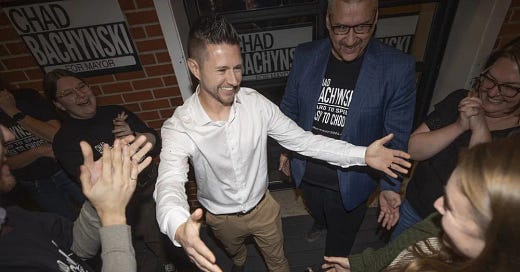


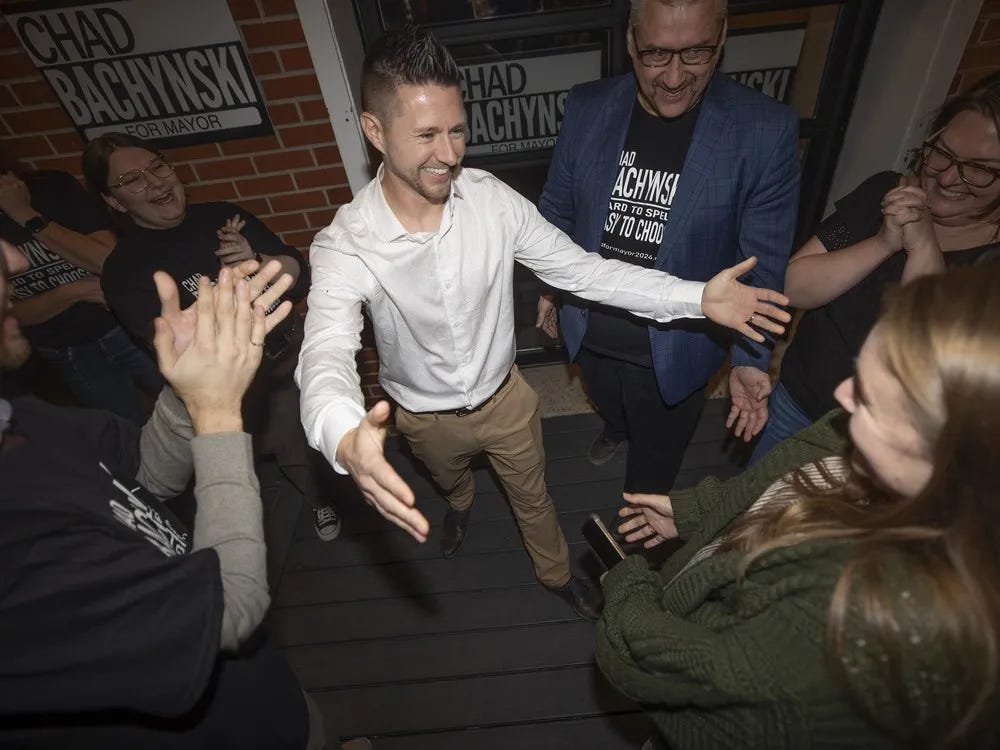
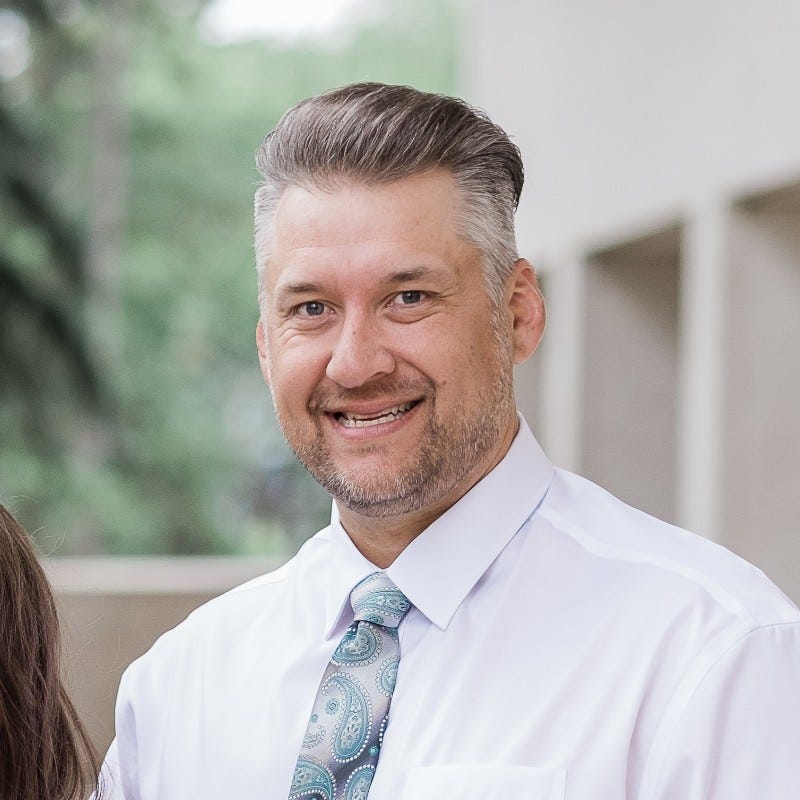
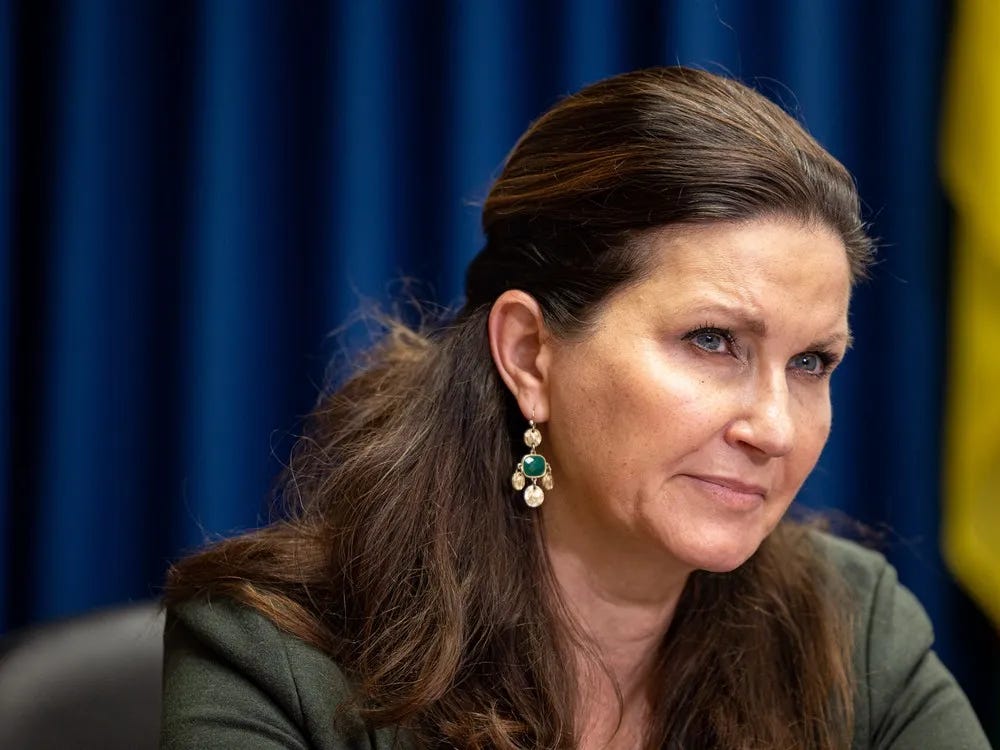
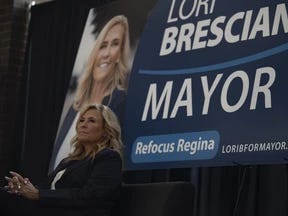
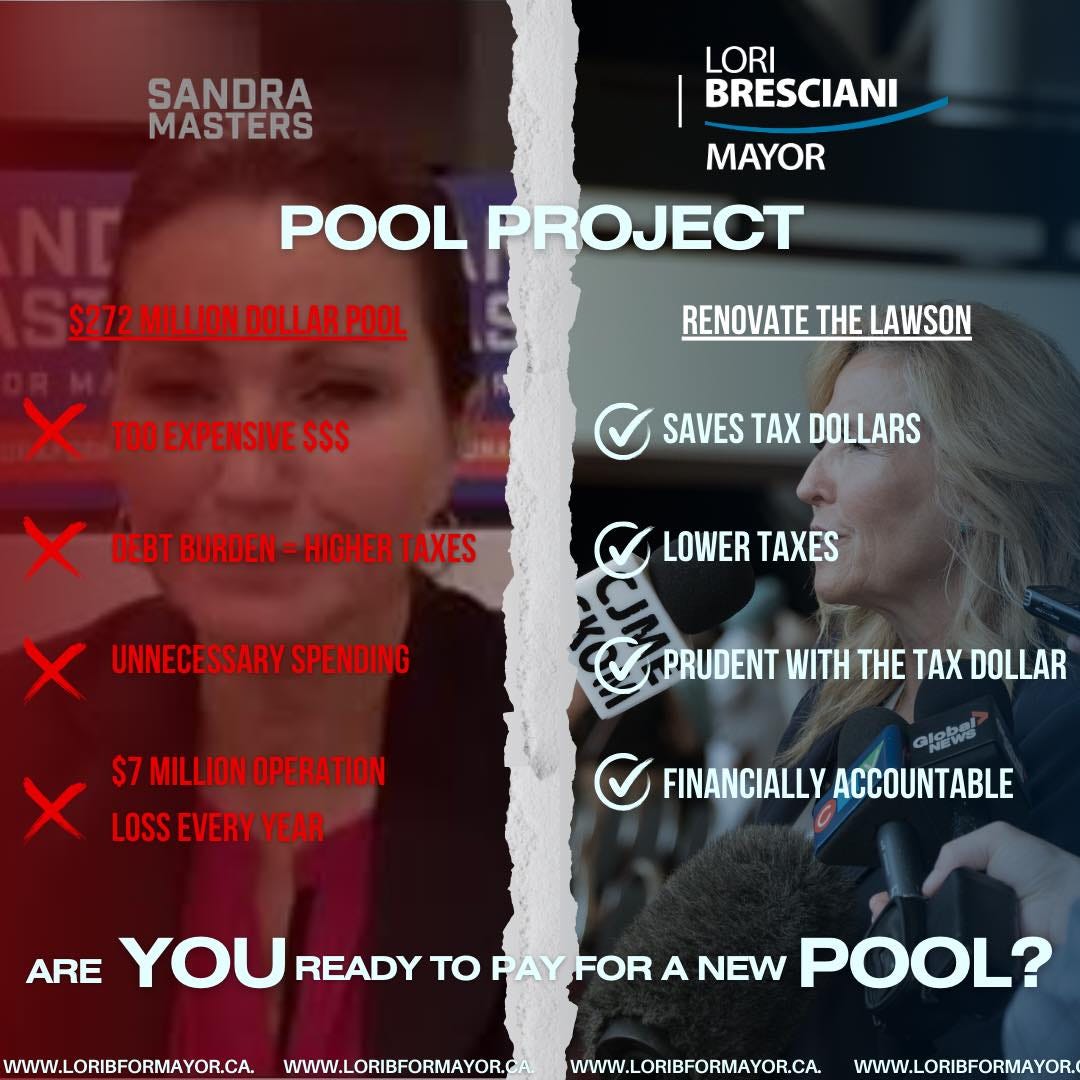
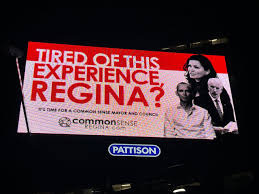
Thanks Dale for writing this. Gets us all thinking how politics isn't just an inside game but truly everyone's game to play. And, moreso, not a game at all. Democracy actualized.